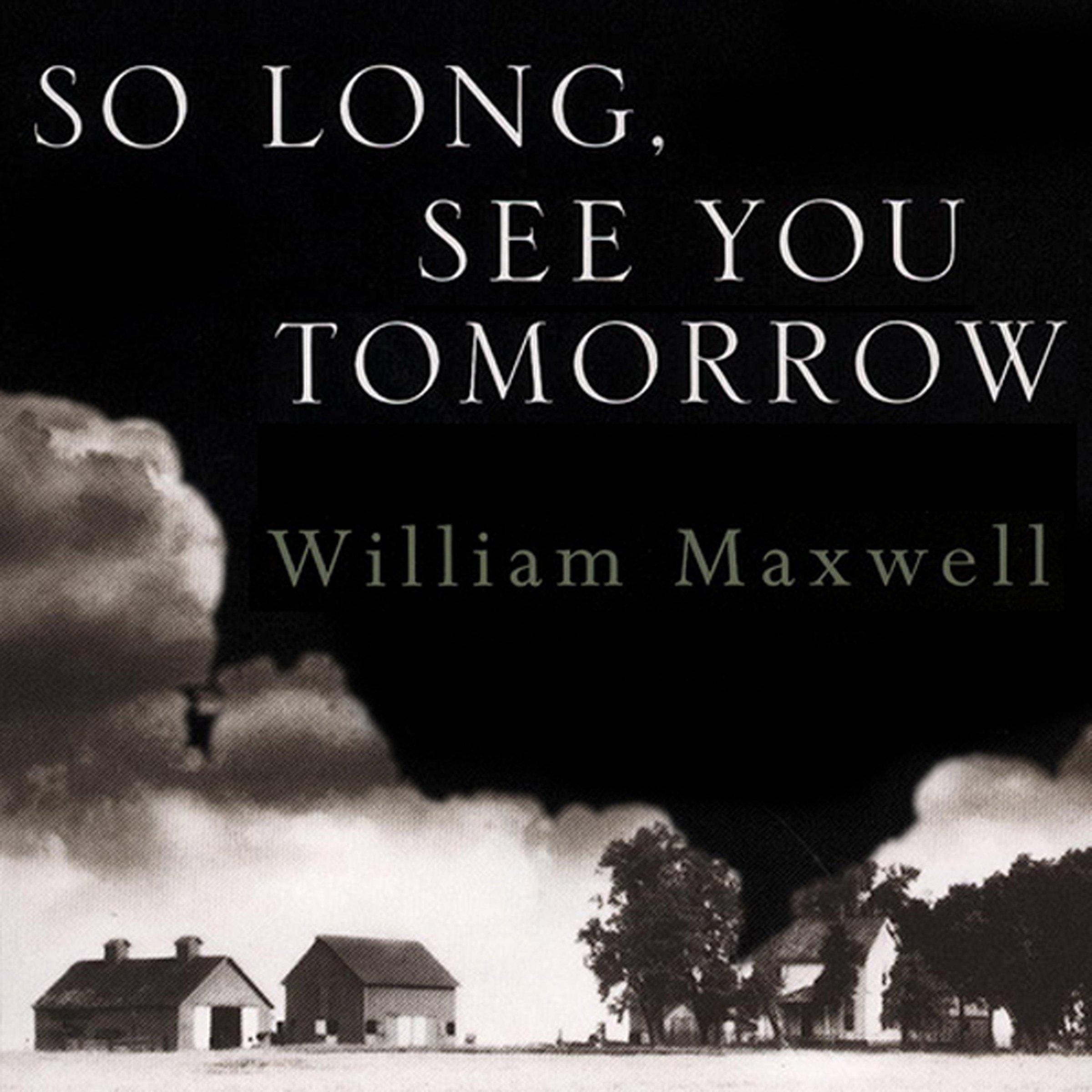
“So long” and “See you tomorrow,” and went our separate ways in the dusk. And one evening this casual parting turned out to be for the last time. We were separated by that pistol shot.” (p. 31). Knopf Doubleday Publishing Group. Kindle Edition.
The unnamed narrator is researching and recalling a friendship, a murder, and relationships among tenant farmer families in Lincoln, Illinois, during the 1920s. Fifty years after they occurred, he relies on memory, newspaper articles, and archives to piece together the story and events that have been haunting him and occupying his therapy sessions.
The storyteller did not have friends as a child and adolescent and believes he betrayed his only true friend, Cletus. The tale is dark and explores youthful friendships as well as bullying, loneliness, and guilt. The narrator suffered several childhood tragedies, including the death of his mother, and his misfortunes occurred while he witnessed but did not fully comprehend the marriages and divorces of Cletus’s parents and those of Lloyd and Marie Wilson, neighbors and fellow tenant farmers. He is convinced as an older adult that having a better understanding of the relationships will set his mind at ease.
The author mentions more than once that childhood memories are often inaccurate, and children rarely have all aspects of a story in their mental databases. Also, the concept of home, figuratively and literally, and the loss of “home” and its accompanying security as a child, figure into the novel’s essence. Thus, this national book award winner is the author’s semi-autobiographical narration of a sad endeavor to recreate the past, make amends with his friend and settle his conscience. Maxwell forces us to consider times we have assumed we could see someone “tomorrow” and life interfered.


